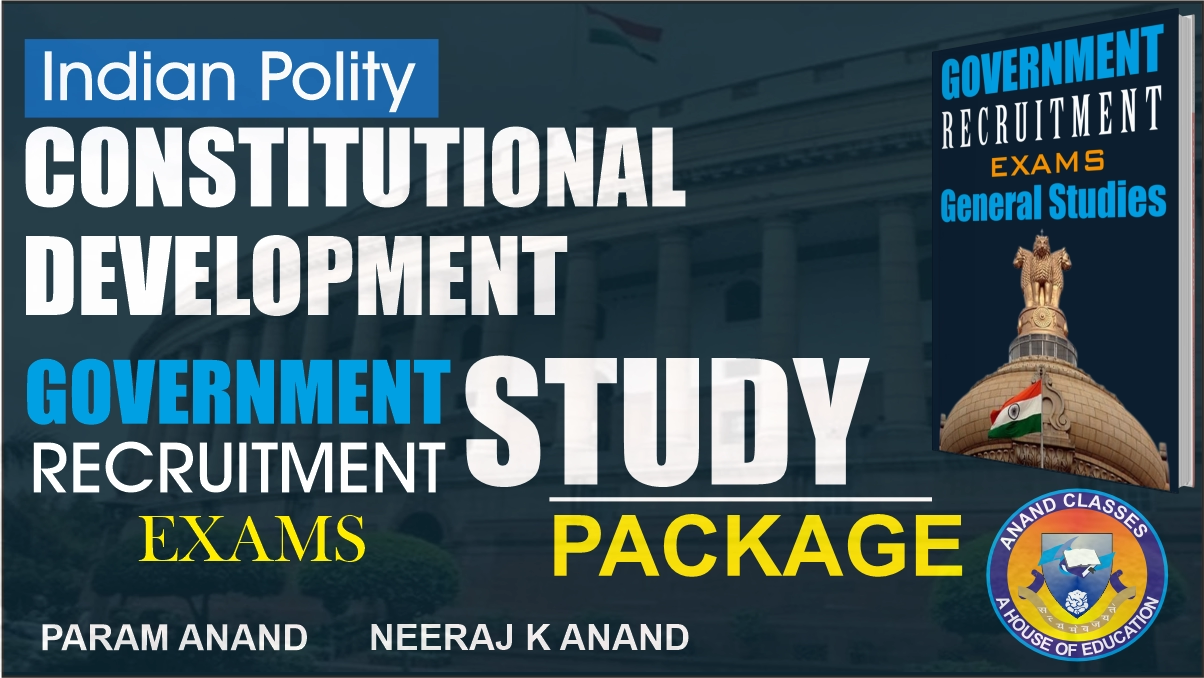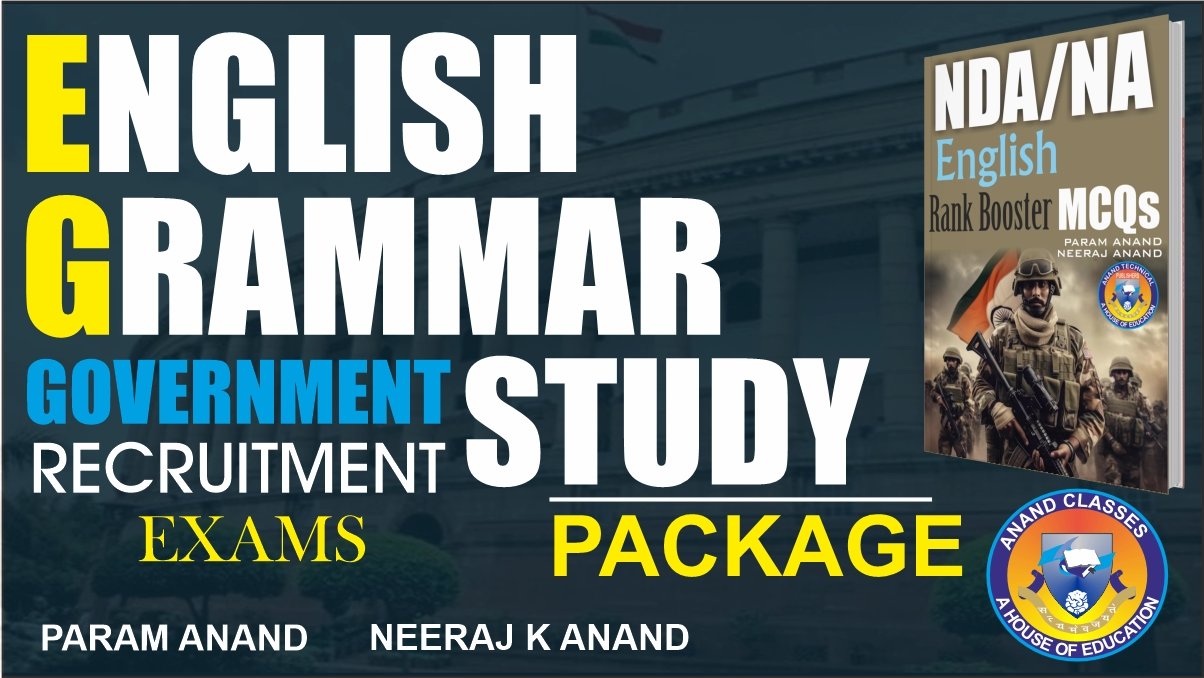NIRMAL ANAND Educations
Written by: Neeraj Anand
Published by: Anand Technical Publishers
Under: Anand Classes
Contact: +91-9463138669
Email: anandclasses1996@gmail.com
Buy Complete Study Material at: https://publishers.anandclasses.co.in/
Borrowed Features of the Indian Constitution From Different Countries
From the UK (England):
- Parliamentary System
- Lower House more powerful
- Prime Minister
- Cabinet System of Ministers
- Single Citizenship
- Bicameral Parliament
- Provision of Speaker in Lok Sabha
- Council of Ministers responsible to Lower House
- Nominal Head – President
From the USA:
- Written Constitution
- Post of Vice-President
- Fundamental Rights
- Supreme Court
- Head of the State known as President
- Provision of States
- Judicial Review
From France:
- Republic and ideals of liberty, equality, and fraternity
From Australia:
- Concurrent List
- Centre-State Relationship
- Joint sitting of two Houses of Parliament
From the USSR:
- Fundamental Duties
- Ideals of justice (Social, Economic, and Political) in the Preamble
From Germany:
- Suspension of Fundamental Rights during emergency
From Japan:
- Procedure established by law
From Canada:
- Federal system and Residuary power with a strong centre
- Advisory jurisdiction of Supreme Court
From South Africa:
- Procedure of Constitutional Amendment
- Election of members of Rajya Sabha
From Ireland:
- Concept of Directive Principles of State Policy (originally borrowed from Spain)
- Mode of election of President
- Nomination of members to Rajya Sabha
Exam-Oriented Question and Answers
1. Which feature of the Indian Constitution was borrowed from the UK?
Answer: The Parliamentary System of Government, Single Citizenship, and the Cabinet System of Ministers were borrowed from the UK.
2. From which country was the concept of Fundamental Rights borrowed?
Answer: The Fundamental Rights in the Indian Constitution were borrowed from the USA.
3. What is the significance of the Directive Principles of State Policy?
Answer: The Directive Principles, borrowed from Ireland, guide the government in policymaking to establish social and economic democracy.
4. What is Judicial Review, and from which country was it borrowed?
Answer: Judicial Review, borrowed from the USA, allows the Supreme Court to determine the constitutionality of laws.
5. Which country influenced the provision of Emergency Provisions in India?
Answer: Germany influenced the provision for the suspension of Fundamental Rights during emergencies.
MCQs on Borrowed Features of the Indian Constitution
Q1. Which of the following features was NOT borrowed from the UK?
(a) Bicameral Parliament
(b) Federal System
(c) Cabinet System of Ministers
(d) Single Citizenship
Answer: (b) Federal System
Explanation: The Federal System was borrowed from Canada, not the UK.
Q2. The concept of Fundamental Duties was borrowed from which country?
(a) France
(b) USSR
(c) USA
(d) Canada
Answer: (b) USSR
Explanation: The concept of Fundamental Duties was influenced by the USSR.
Q3. The provision for the election of Rajya Sabha members was taken from which country?
(a) South Africa
(b) Australia
(c) Japan
(d) Ireland
Answer: (a) South Africa
Explanation: South Africa influenced the election process of Rajya Sabha members.
Q4. From which country was the idea of the Supreme Court borrowed?
(a) USA
(b) Canada
(c) Japan
(d) UK
Answer: (a) USA
Explanation: The Indian Constitution borrowed the idea of the Supreme Court from the USA.
Q5. Which country inspired the concept of a written Constitution in India?
(a) UK
(b) USA
(c) France
(d) Germany
Answer: (b) USA
Explanation: The idea of a written Constitution was taken from the USA.
Frequently Asked Questions (FAQs)
Q1. Why did India borrow features from different constitutions?
Answer: India studied various constitutions to create a comprehensive and suitable legal framework that caters to its diverse socio-political needs.
Q2. How does the Parliamentary System benefit India?
Answer: The Parliamentary System ensures accountability of the executive to the legislature, making governance more responsible and democratic.
Q3. What is the significance of the Fundamental Rights in India?
Answer: Fundamental Rights provide citizens with essential freedoms and protect them from government overreach.
Q4. How does the concept of Judicial Review help maintain democracy?
Answer: Judicial Review empowers the Supreme Court to strike down unconstitutional laws, ensuring the supremacy of the Constitution.
Q5. Why is the Directive Principles of State Policy important?
Answer: These principles guide the government in making policies that promote social justice, economic welfare, and equality.
For complete study materials, visit https://publishers.anandclasses.co.in/.




